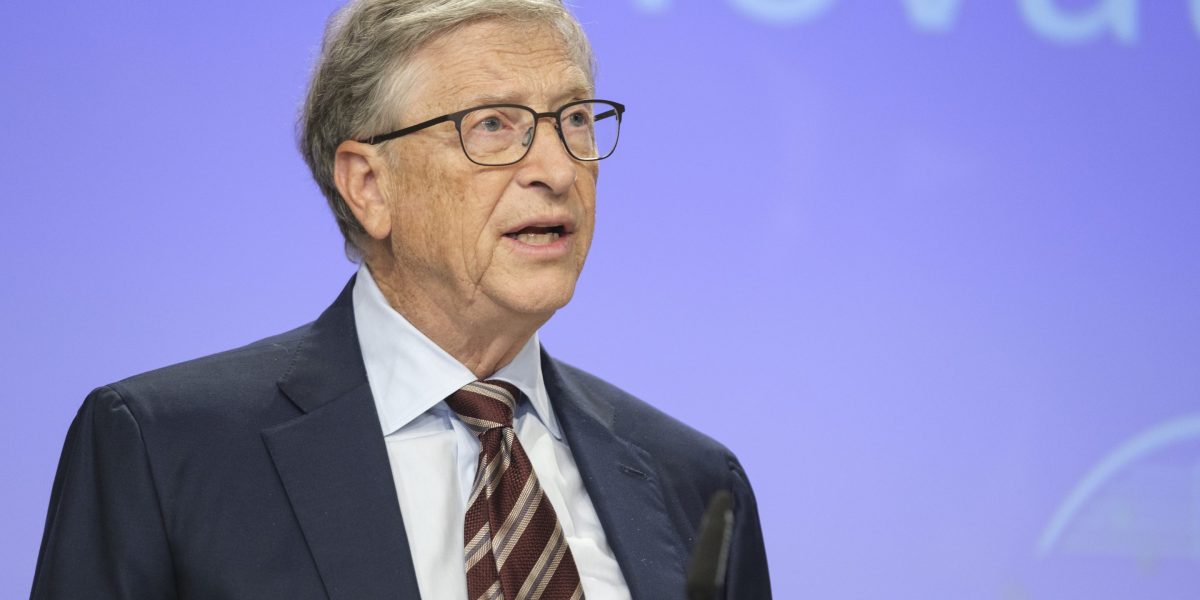Forget about the traditional four-day workweek; according to Bill Gates, the chairman of Microsoft, a three-day workweek might become a reality thanks to advancements in artificial intelligence.
Gates envisions a future where machines handle the production of goods and food, reducing the need for humans to work as rigorously. This optimistic outlook contrasts with concerns about the potential job market challenges posed by increased automation.
During an appearance on Trevor Noah’s show “What Now,” Gates highlighted the exciting productivity gains facilitated by AI, particularly in eliminating mundane tasks.
He anticipates that this surge in productivity will afford workers the opportunity to scale back their hours, although some employers may view it as a chance to extract more output from their workforce.
As the world’s third wealthiest individual, Gates envisions a society where a three-day workweek could become the norm, emphasizing that despite reduced work hours, the demand for meaningful labor will persist. This shift could enable better care for the elderly, smaller class sizes, and increased personal time for individuals to pursue their interests.
Reflecting on the purpose of work at the age of 68, Gates emphasizes a broader perspective on existence beyond mere job fulfillment.
While Gates advocates for a shorter workweek, opinions among leaders vary regarding the role of AI in either supporting or replacing human employees.
Contrary to Gates’ view, some tech executives like Jamie Dimon of JPMorgan predict a 3.5-day workweek for the next generation, attributing this shift to technological advancements that prolong life expectancy.
In contrast, Elon Musk of Tesla envisions a future where AI eliminates the need for human work entirely, leading to universal basic income. Musk’s ethos values dedication to work, often advocating for long hours and unwavering commitment to one’s job.
The debate on AI’s impact on the workforce extends to predictions of significant job displacement worldwide, with experts like Arvind Krishna of IBM foreseeing automation primarily affecting repetitive white-collar tasks.
Despite concerns about job displacement, some CEOs believe that AI integration can enhance workforce efficiency without necessarily reducing job opportunities. The example of web design’s unexpected growth serves as a testament to the potential for new job creation amidst technological advancements.
However, differing perspectives exist, with some leaders cautioning that productivity gains from AI could lead to a reduced workforce. Others have made bold decisions to replace human employees with AI, highlighting the efficiency and reliability of automated systems in certain roles.
While Gates anticipates a future shift towards shorter workweeks, some individuals and companies have already embraced this change. Figures like Simon Cowell and companies like Samsung have adopted policies granting employees additional time off, reflecting a growing trend towards a more balanced work-life structure.
In Iceland, where a four-day workweek trial was conducted from 2015 to 2019, nearly 90% of the workforce now has the option to work fewer hours. Similarly, the Chinese government has recommended a four-day workweek in its economic policy guidelines, signaling a global shift towards reevaluating traditional work schedules.






